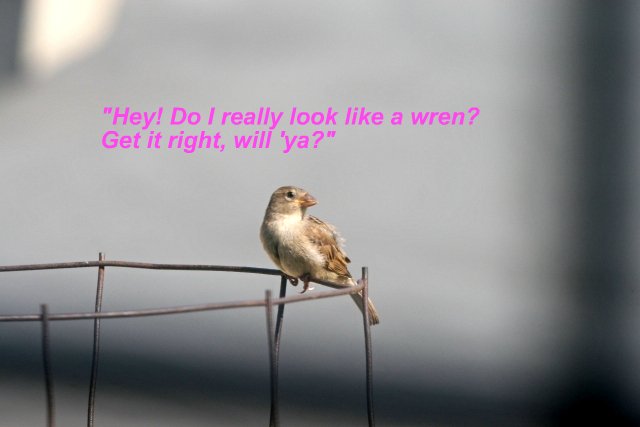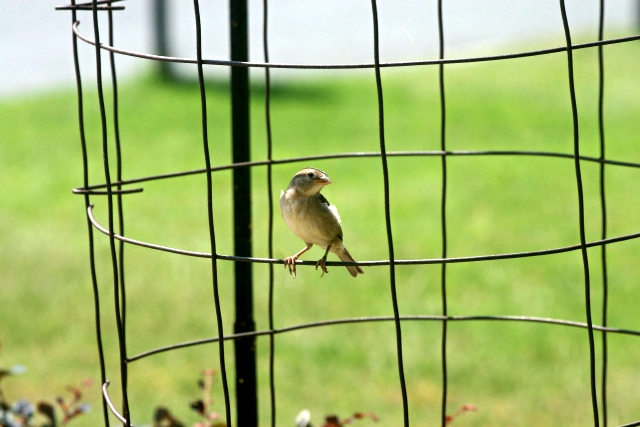
I learned recently that a good friend of mine from high school has a VERY rare and aggressive cancer. We connected after 42 years and have been talking about some things he can do on the nutritional side to combat the negative effects of chemo, build up his immune system, etc.
I watched a new two-hour DVD last night, Healing Cancer from Inside Out -- a documentary-style history of the war against cancer in America. For all the billions of dollars that have been spent, almost no progress has been made over the last 50 years in terms of absolute rates of healing as a result of conventional cut/poison/burn (surgery/chemo/radiation) protocols. (There are a couple of very minor exceptions.) If that sounds surprising (it surprised me) it's because of the way the cancer/drug/AMA industry reports statistics, etc. It is a shocking exposé with meticulous, documented research and interviews with major figures in the alternative/nutritional cancer/research community like Dr. Colin Campbell (author of The China Study), Charlotte Gerson (daughter of Dr. Max Gerson and founder of The Gerson Clinic), Dr. John McDougall, and many others.
If anyone you know is facing decisions about cancer, they should watch this DVD before making any decisions about treatment.
Here are a few bullet points I remember:
1. People with cancer who choose to do nothing about it live longer than those who undergo chemotherapy.
2. The rate of healing/life extension for those who receive chemo is less than those who receive a placebo.
3. There is a difference between absolute and relative rates of healing. All cancer healing statistics are based on relative rates instead of true absolute rates, which give a vastly inflated picture of success.
4. Everyone's body is full of cancer cells throughout life.
5. When cancer is discovered it is only the tip of the iceberg; the cancer has been present for years prior. Therefore, no "immediate" decision is necessary. There is time to evaluate options in spite of what doctors tell scared patients.
6. Radiation and chemotherapy do far more harm than good.
7. Any person who lives five years after the discovery of cancer is considered "cured," even if they die in the sixth year. ("Five years" is an official medical term for a cancer cure.)
8. When chemo/radiation/surgery remove a visible cancer, the body is still full of innumerable cancer cells. The body's immune system is the only systemic way to destroy existing cancer cells.
9. Animal protein (especially casein—milk protein) is the number one trigger for activating cancer.
10. Plant-based nutrition is the best defense against cancer; i.e., it is what keeps the body's immune system in the best shape to kill cancer cells that are created daily in the body.
11. External factors (smoking, toxicity, etc.) have less to do with cancer than diet. For example, some Asian cultures whose people smoke heavily but eat a plant-based diet have far fewer incidences of lung cancer than smoking cultures where animal-flesh intake is high.
This video is available from Hallelujah Acres, Amazon, The Gerson Clinic, and from RaveDiet.com.
I watched a new two-hour DVD last night, Healing Cancer from Inside Out -- a documentary-style history of the war against cancer in America. For all the billions of dollars that have been spent, almost no progress has been made over the last 50 years in terms of absolute rates of healing as a result of conventional cut/poison/burn (surgery/chemo/radiation) protocols. (There are a couple of very minor exceptions.) If that sounds surprising (it surprised me) it's because of the way the cancer/drug/AMA industry reports statistics, etc. It is a shocking exposé with meticulous, documented research and interviews with major figures in the alternative/nutritional cancer/research community like Dr. Colin Campbell (author of The China Study), Charlotte Gerson (daughter of Dr. Max Gerson and founder of The Gerson Clinic), Dr. John McDougall, and many others.
If anyone you know is facing decisions about cancer, they should watch this DVD before making any decisions about treatment.
Here are a few bullet points I remember:
1. People with cancer who choose to do nothing about it live longer than those who undergo chemotherapy.
2. The rate of healing/life extension for those who receive chemo is less than those who receive a placebo.
3. There is a difference between absolute and relative rates of healing. All cancer healing statistics are based on relative rates instead of true absolute rates, which give a vastly inflated picture of success.
4. Everyone's body is full of cancer cells throughout life.
5. When cancer is discovered it is only the tip of the iceberg; the cancer has been present for years prior. Therefore, no "immediate" decision is necessary. There is time to evaluate options in spite of what doctors tell scared patients.
6. Radiation and chemotherapy do far more harm than good.
7. Any person who lives five years after the discovery of cancer is considered "cured," even if they die in the sixth year. ("Five years" is an official medical term for a cancer cure.)
8. When chemo/radiation/surgery remove a visible cancer, the body is still full of innumerable cancer cells. The body's immune system is the only systemic way to destroy existing cancer cells.
9. Animal protein (especially casein—milk protein) is the number one trigger for activating cancer.
10. Plant-based nutrition is the best defense against cancer; i.e., it is what keeps the body's immune system in the best shape to kill cancer cells that are created daily in the body.
11. External factors (smoking, toxicity, etc.) have less to do with cancer than diet. For example, some Asian cultures whose people smoke heavily but eat a plant-based diet have far fewer incidences of lung cancer than smoking cultures where animal-flesh intake is high.
This video is available from Hallelujah Acres, Amazon, The Gerson Clinic, and from RaveDiet.com.








